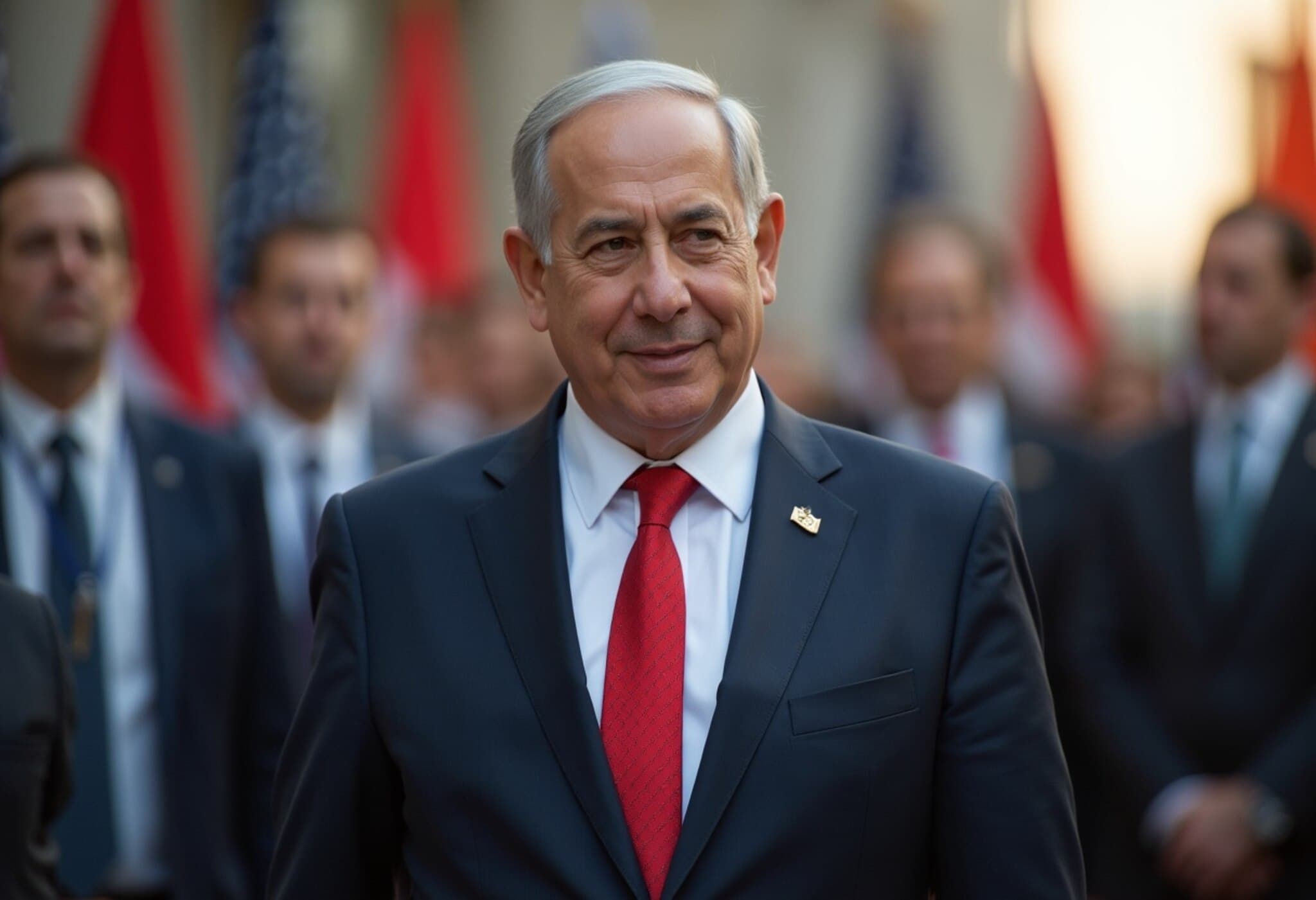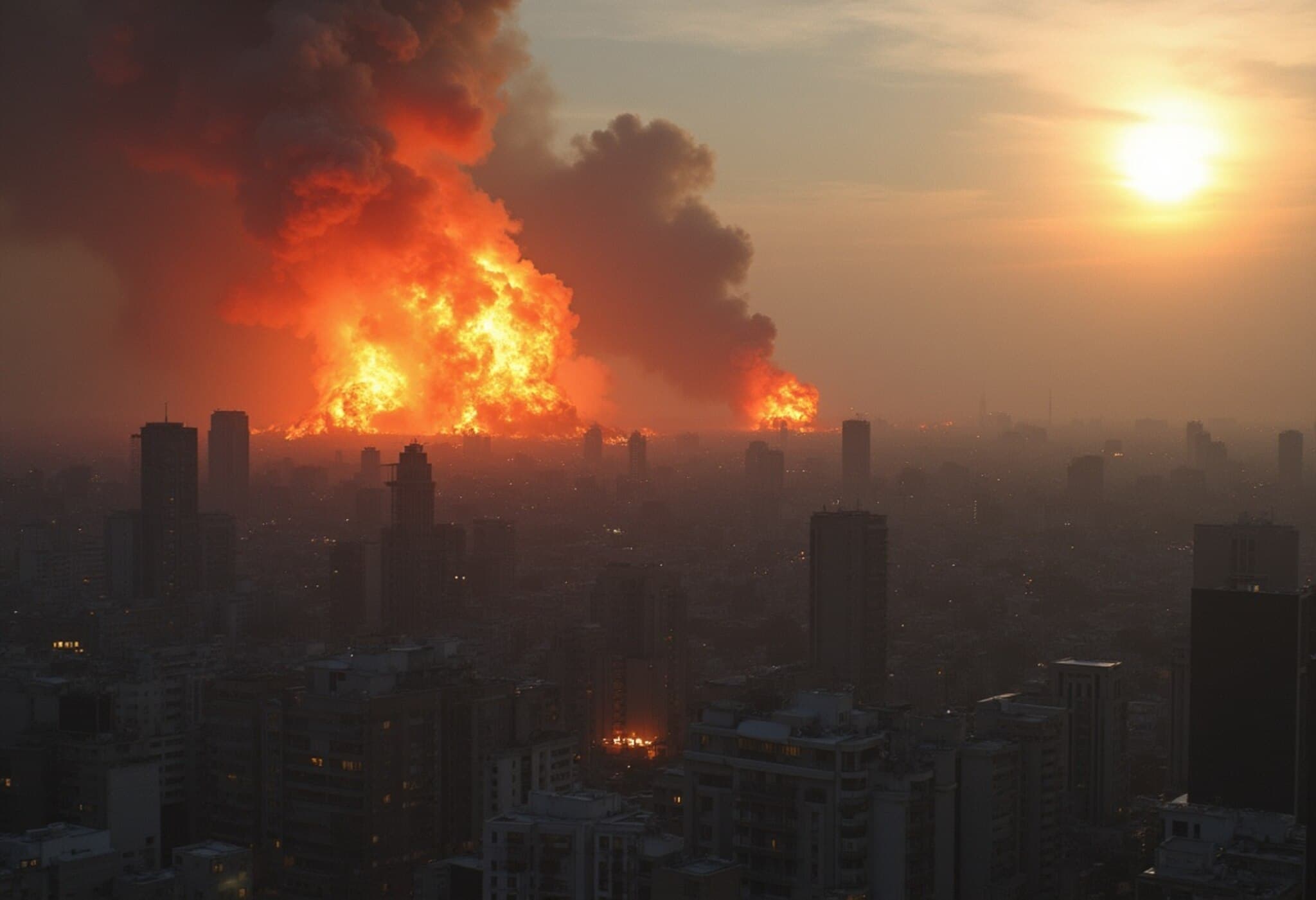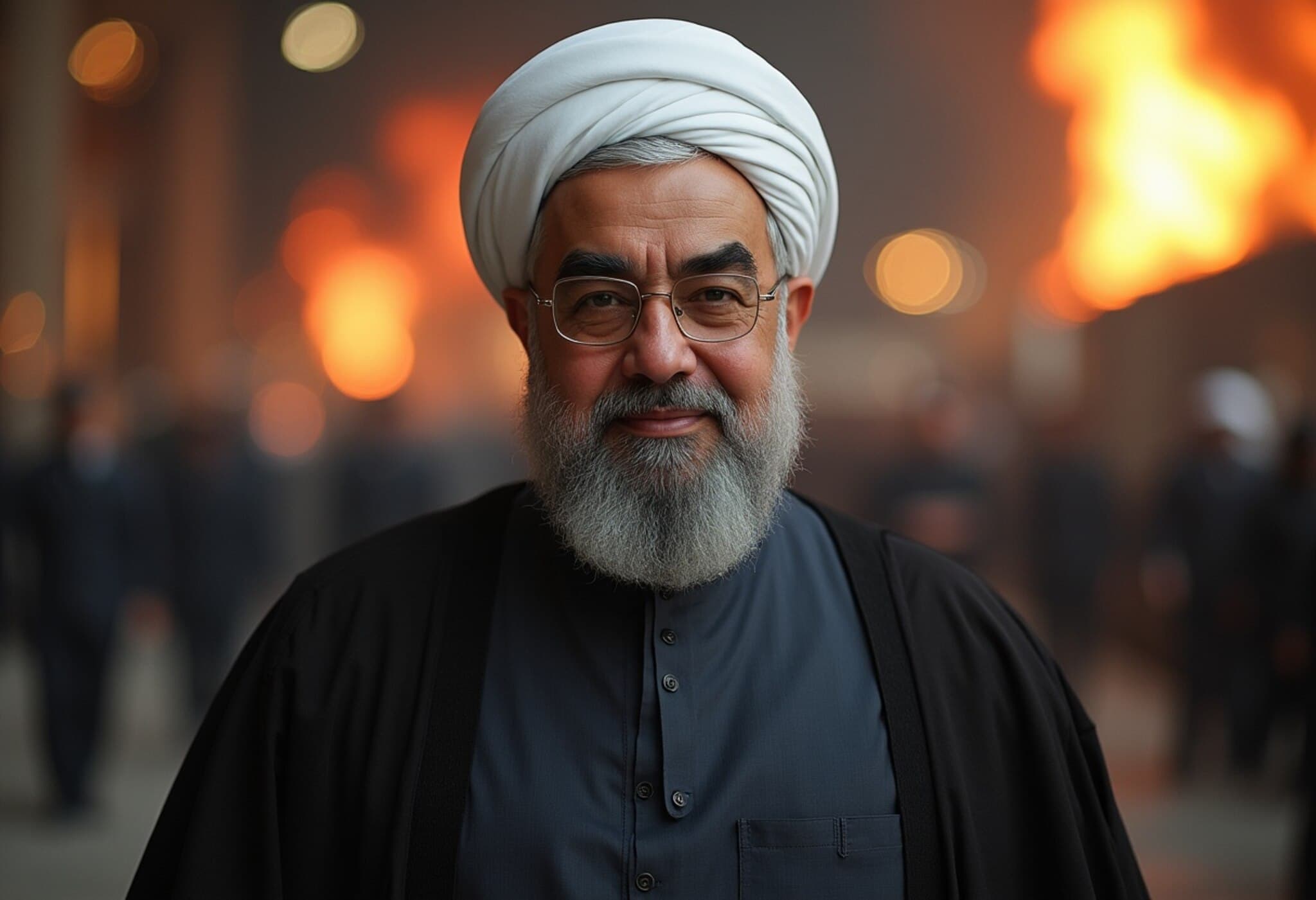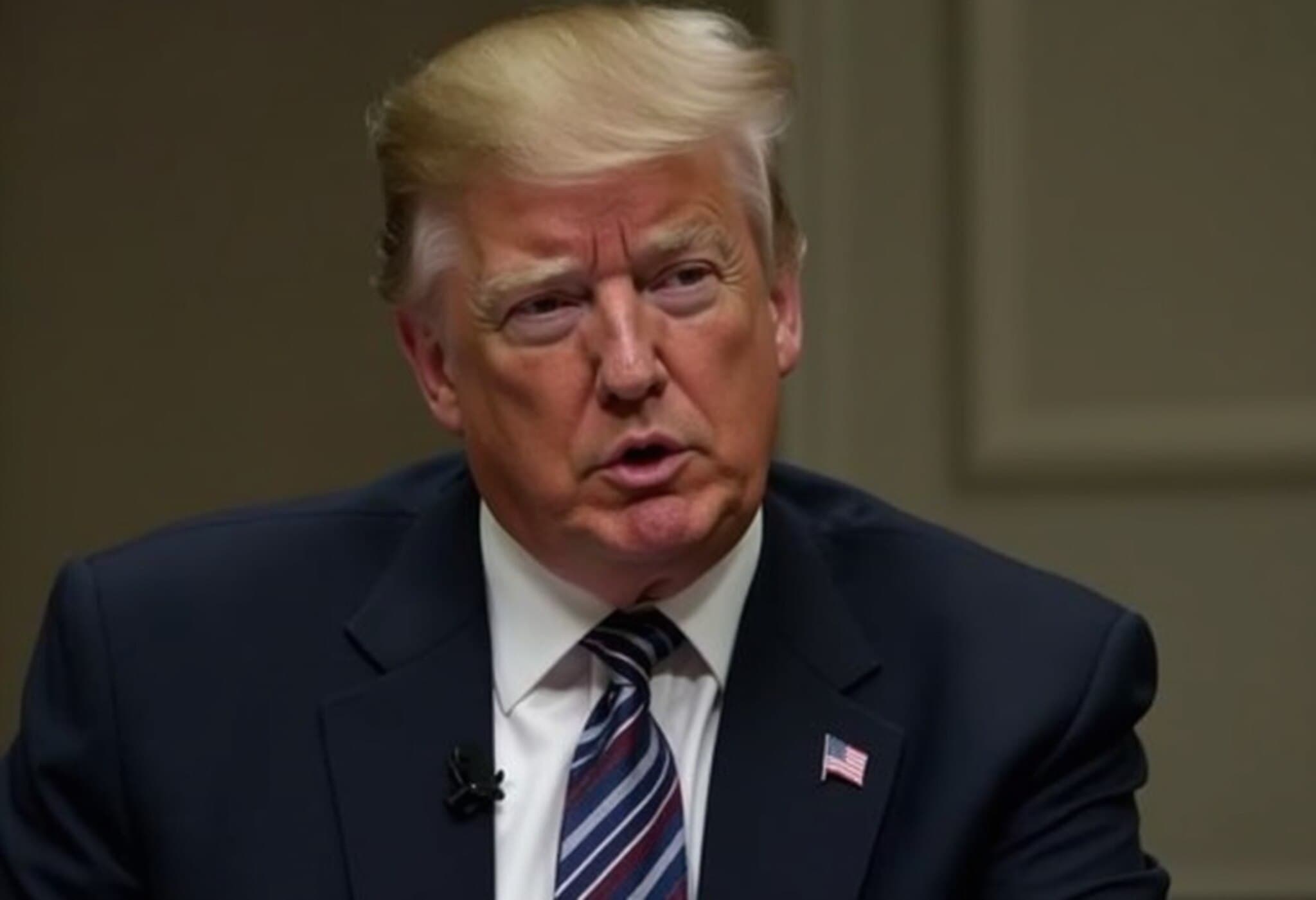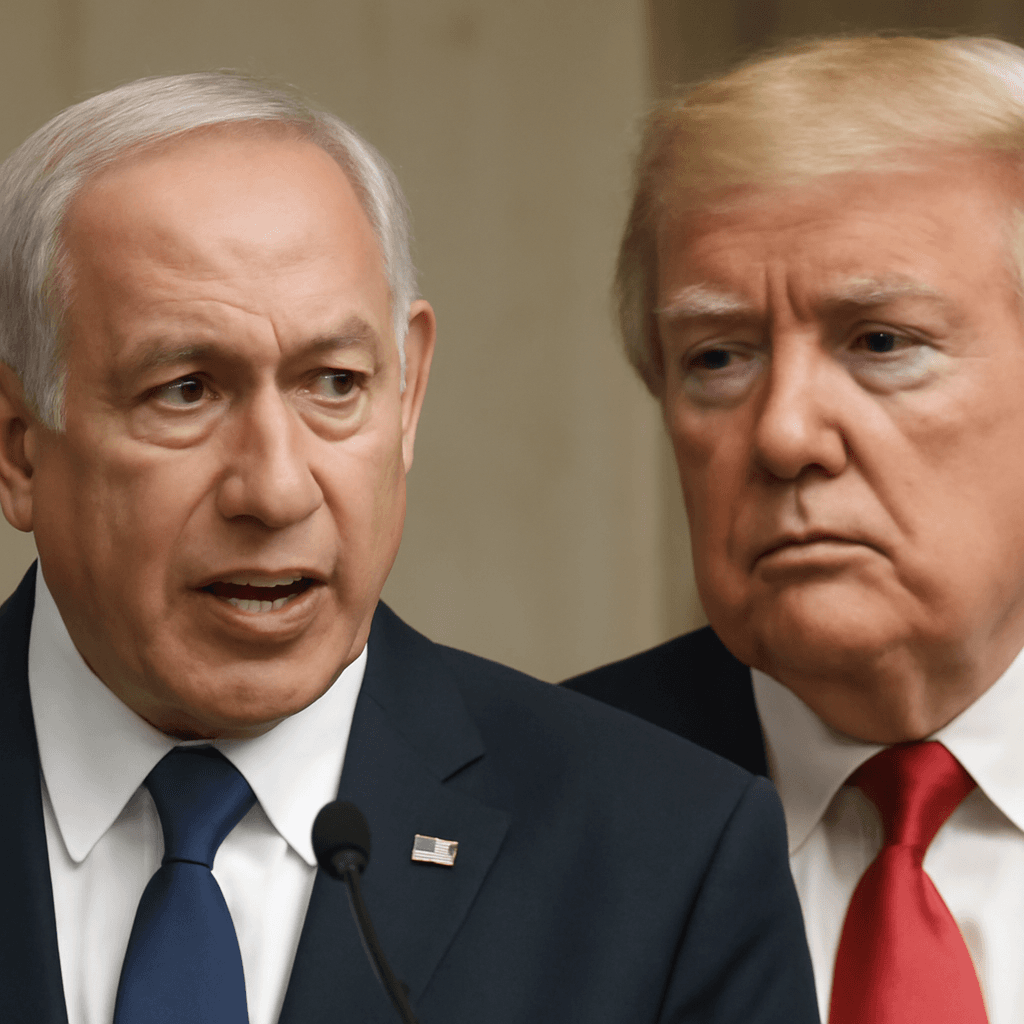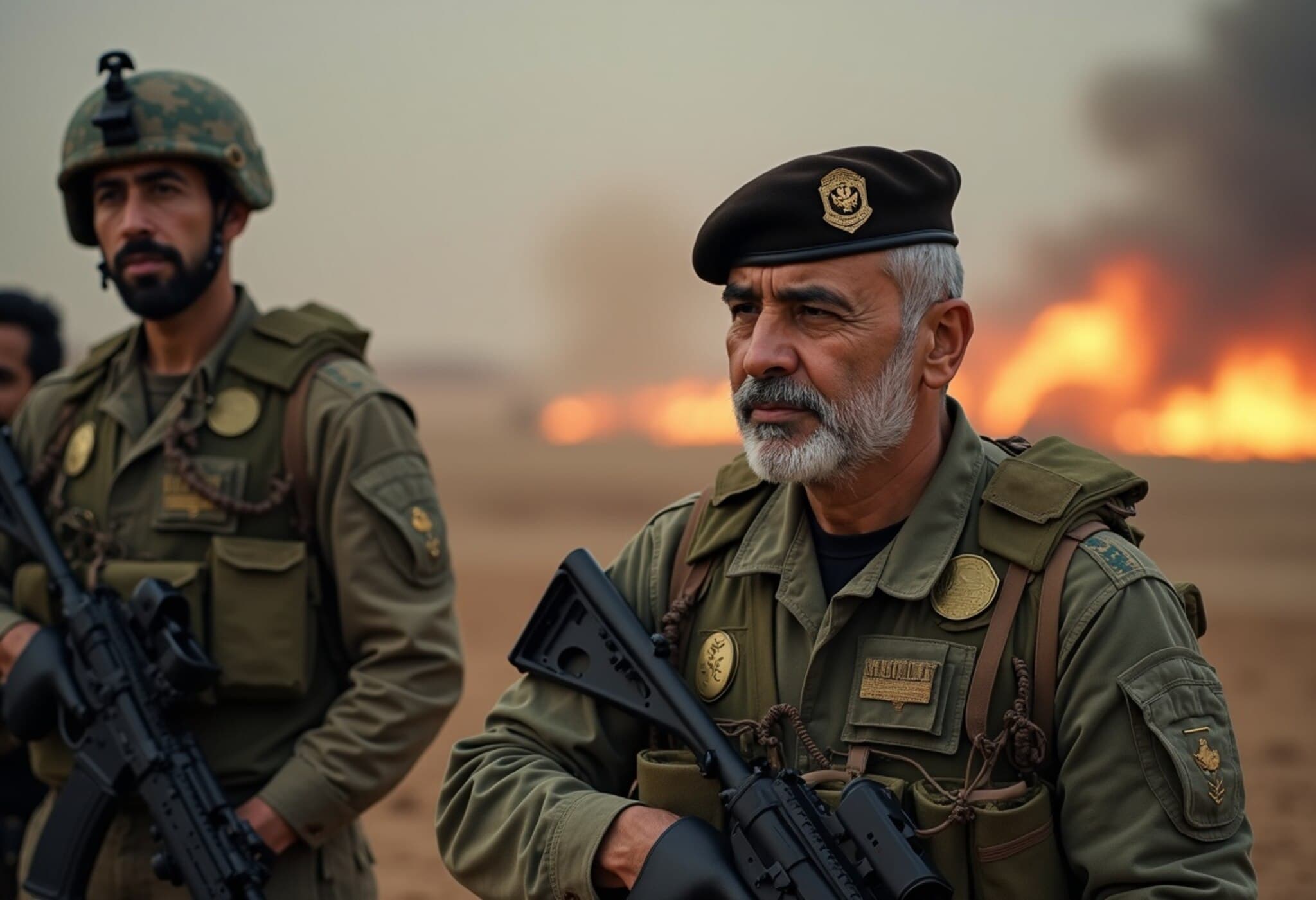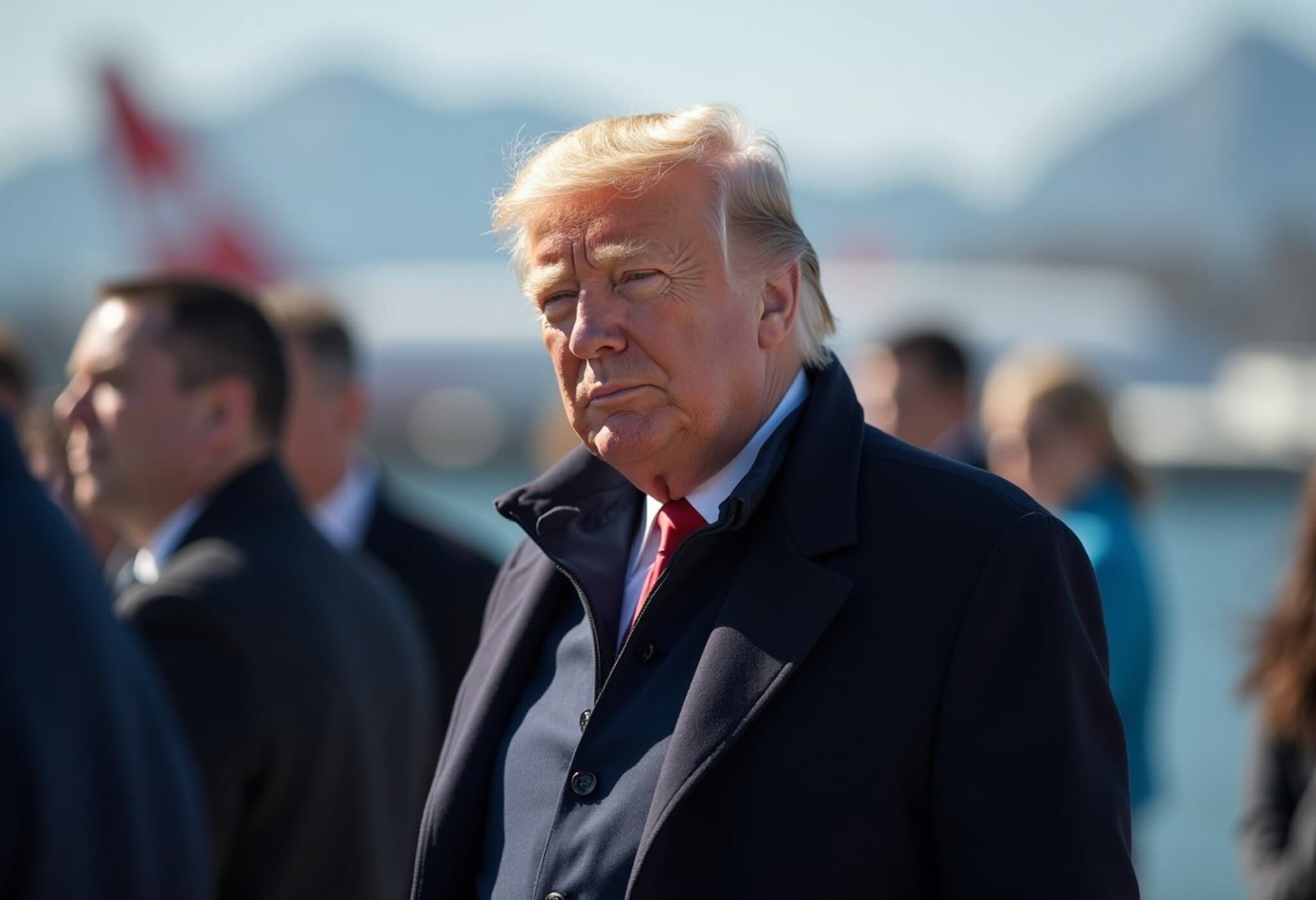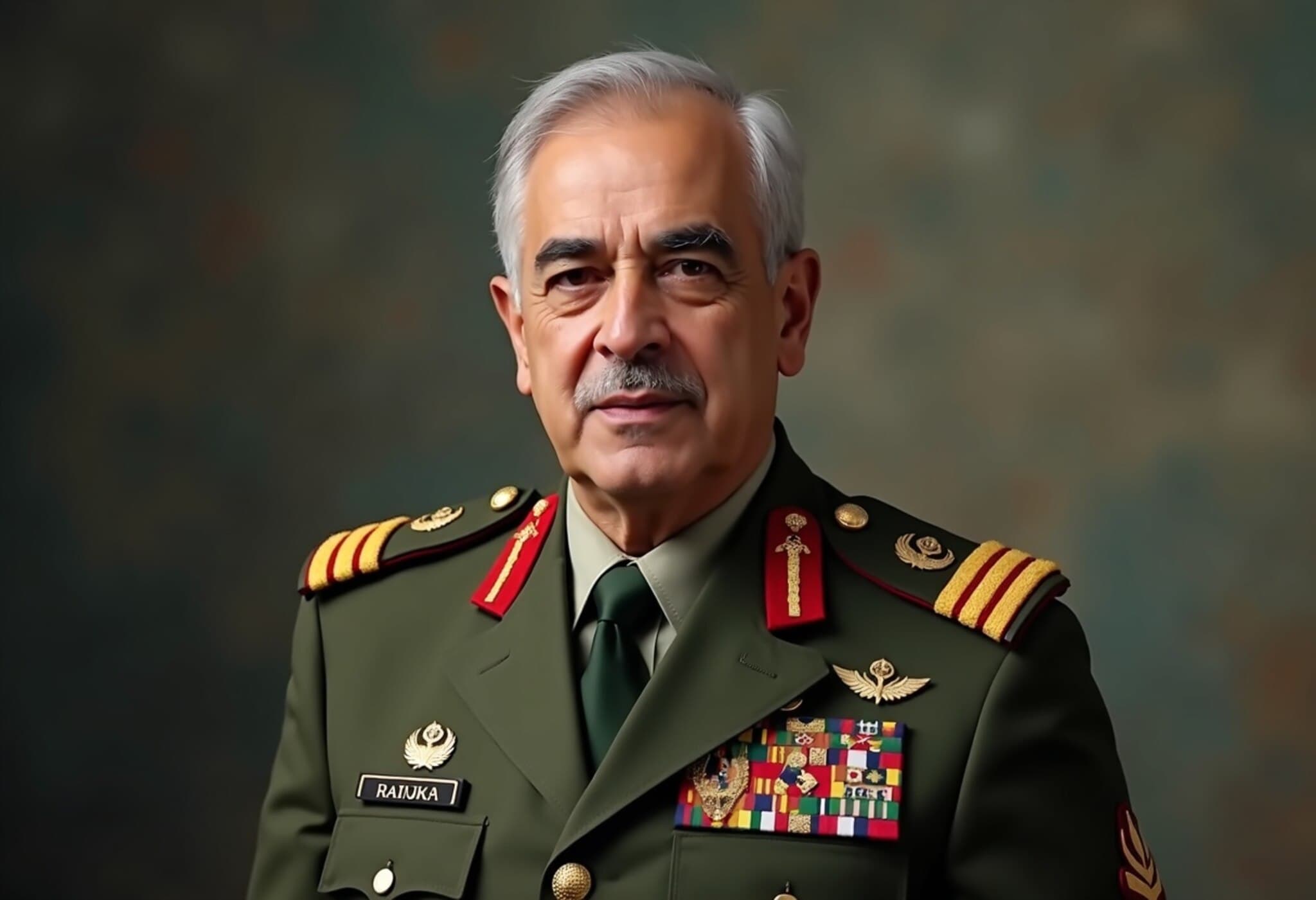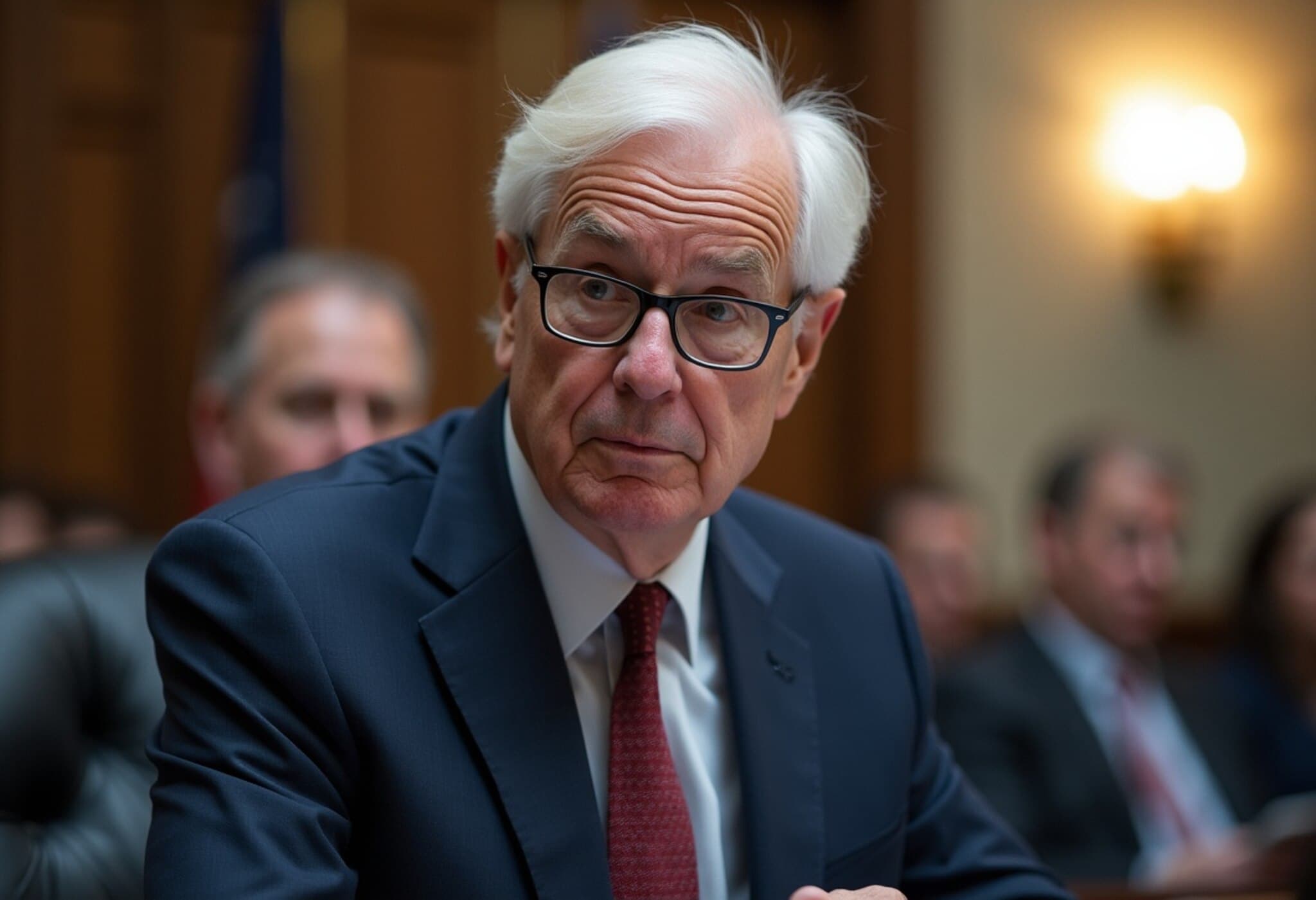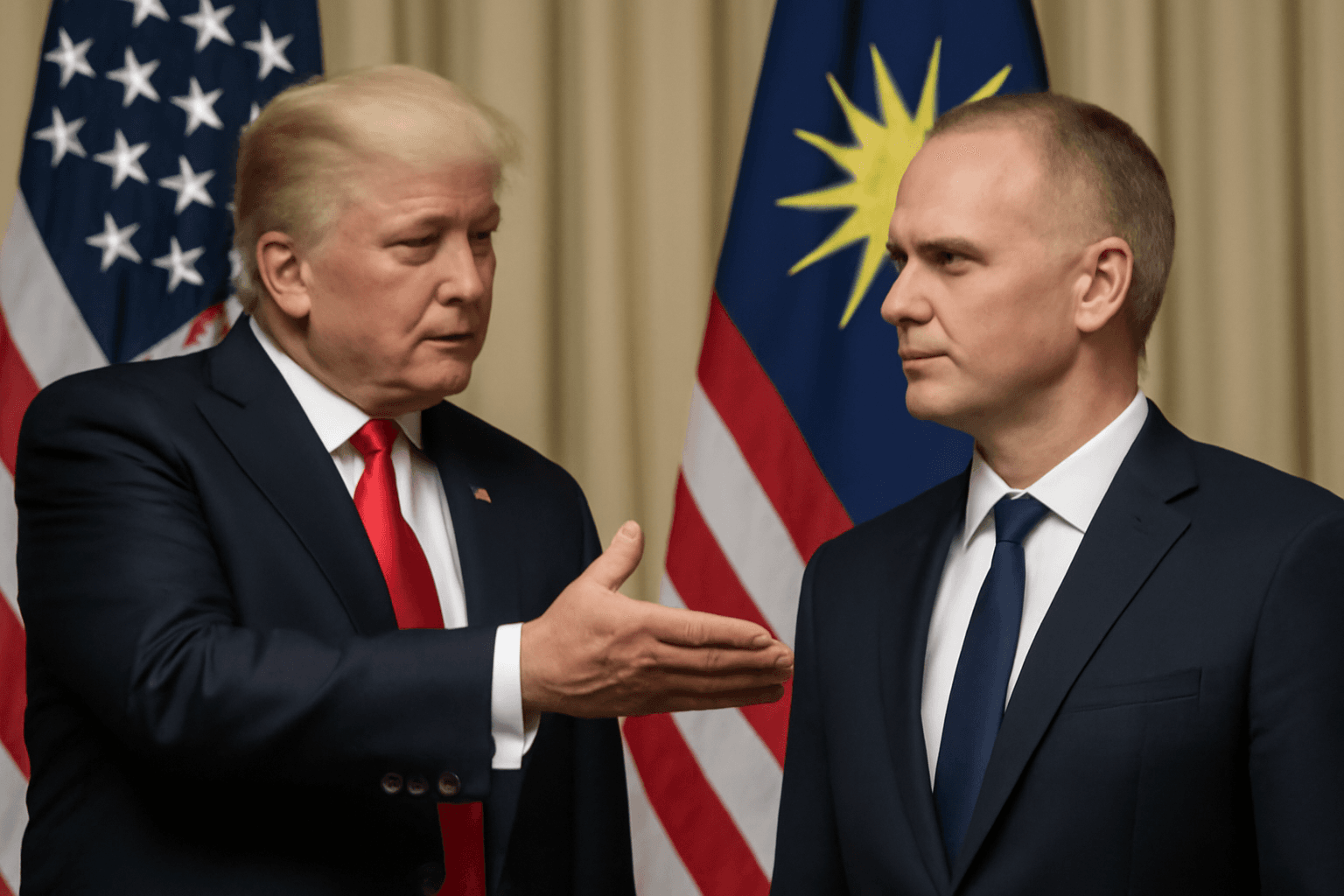Israeli Prime Minister Optimistic About Gaza Ceasefire Prospects
After concluding a crucial diplomatic visit to the United States, Israeli Prime Minister expressed a cautiously optimistic outlook on achieving a ceasefire deal in Gaza. Describing the current atmosphere as having a “good chance” for a ceasefire, the statement marks a significant moment in the protracted conflict that has strained regional stability and drawn global concern.
Context of the Recent Diplomatic Engagement
The Prime Minister’s visit to the U.S. was centered around intense discussions with American officials aimed at aligning strategies to de-escalate violence and foster humanitarian relief efforts in Gaza. This engagement underscores Washington’s continued role as a critical mediator in the Israeli-Palestinian conflict, even as complex geopolitical interests intersect.
Why a Ceasefire is Critical Now
- Humanitarian Crisis: Gaza's population faces dire shortages of food, medicine, and shelter due to ongoing hostilities, triggering global calls for urgent cessation of violence.
- Regional Stability: Continued conflict threatens to destabilize neighboring countries and inflame tensions within broader Middle Eastern political dynamics.
- International Pressure: Various nations and international organizations have ramped up diplomatic efforts to broker peace, emphasizing the need for immediate relief and dialogue.
Expert Insight: Navigating Fragile Ceasefire Talks
Dr. Miriam Cohen, a Middle East policy analyst, notes that while optimism is encouraging, the realities on the ground remain volatile. "Ceasefire negotiations must consider not only immediate cessation of hostilities but also the underlying political and security concerns that fuel the conflict," she explains. "Sustainable peace requires a comprehensive approach that addresses humanitarian issues alongside long-term security guarantees."
Unspoken Challenges and Unanswered Questions
Despite the hopeful tone, critical questions linger:
- What specific terms will define this potential ceasefire, and how will compliance be monitored?
- How will divergent interests within Gaza and Israel impact the implementation?
- What role will international actors play in ensuring humanitarian aid reaches civilians effectively?
These challenges highlight the complexity beneath the surface optimism and remind stakeholders that ceasefire agreements are often fragile and require sustained commitment.
Looking Ahead: The Road to Peace
As diplomatic efforts continue, the international community watches closely, hopeful that a cessation of hostilities will open avenues for more in-depth peace negotiations. For families impacted by the conflict, any step towards calm represents a glimmer of hope amid hardship.
Editor’s Note
While the Israeli Prime Minister’s statement offers a promising outlook, a ceasefire is just the first, delicate step in what is a much broader quest for lasting peace in the region. Readers are encouraged to consider both the humanitarian urgency and the intricate political landscape shaping these developments. Continued attention and informed discourse will be vital as the story unfolds.

